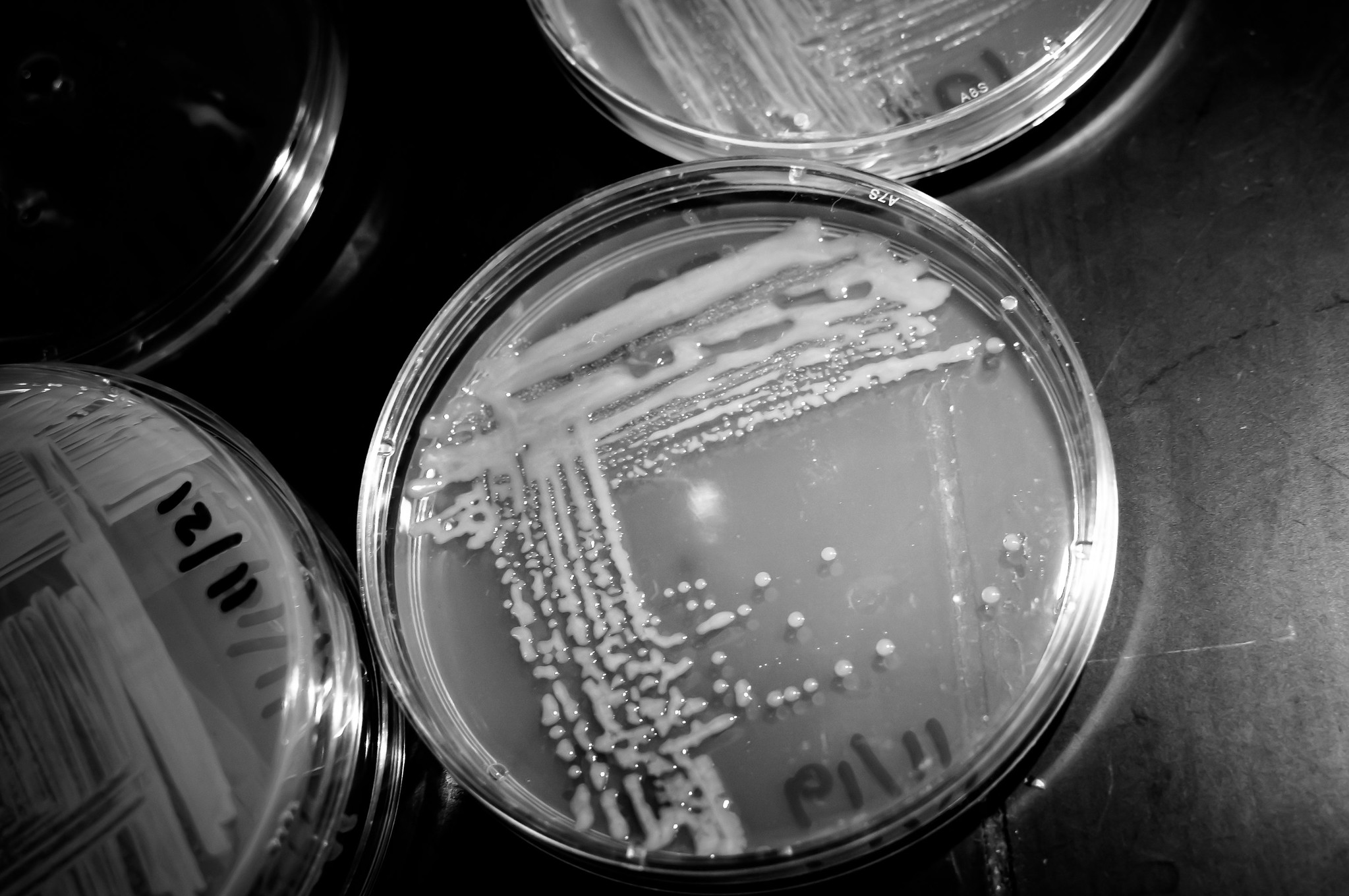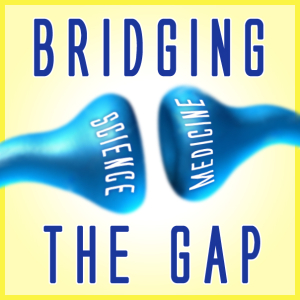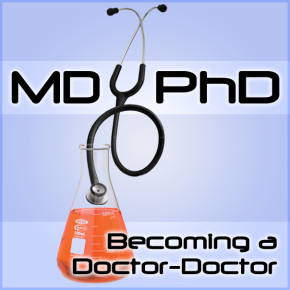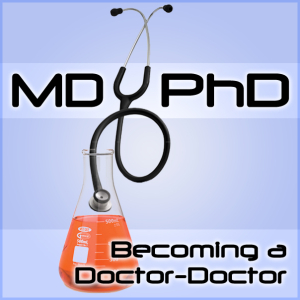Looking Towards Clinicals After Graduate School
After four years of adapting my schedule based on the results of my experiments, I once again look forward to having a guided regiment based on monthly shelf exams and the ever looming threat of standardized tests.




